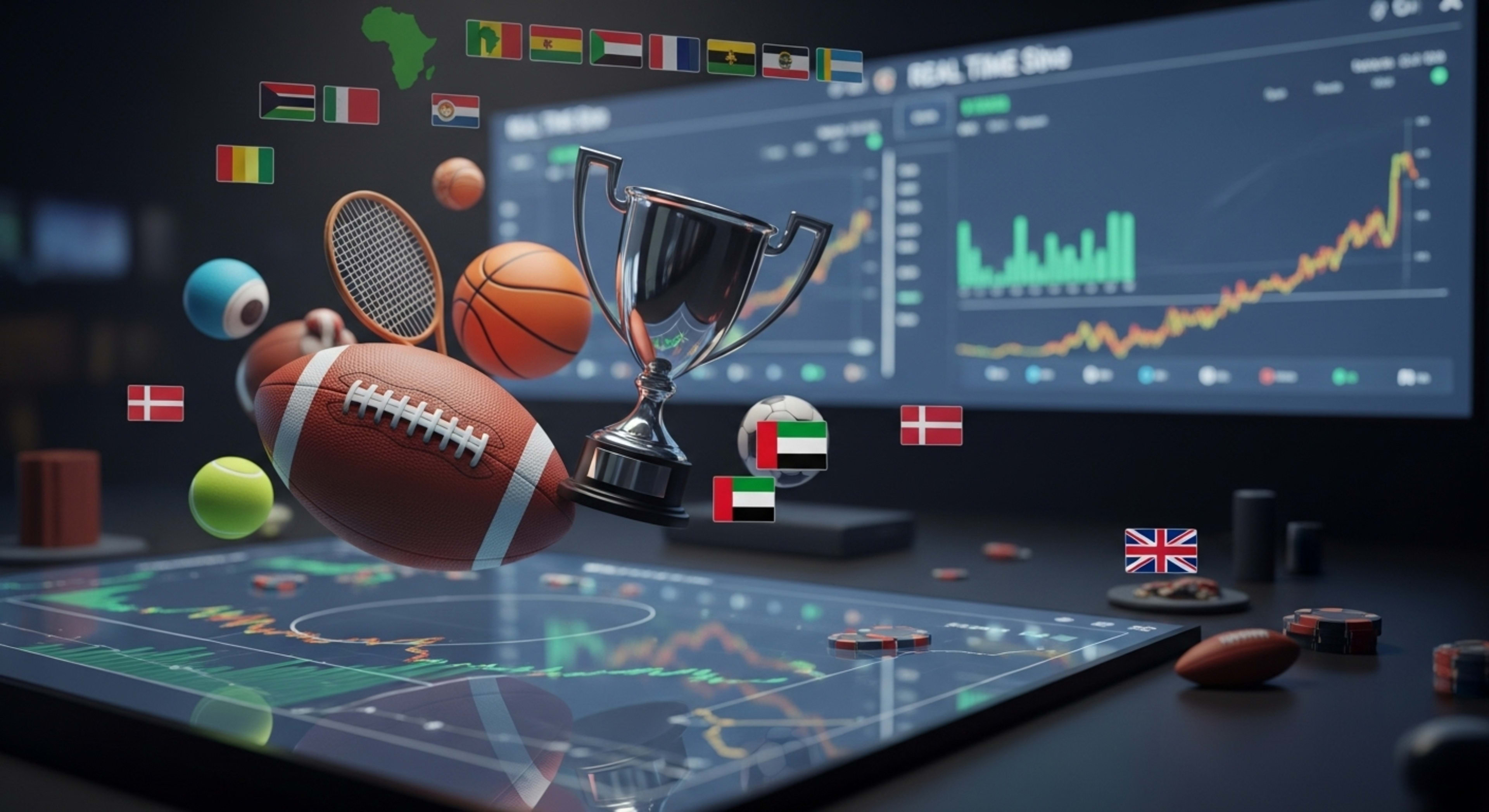IBIA-AIA Alliance Bolsters African Betting Integrity

Recommended casinos
Key Takeaways
- IBIA and AIA's Mo U targets match-fixing in Africa's $17.6 billion market, sharing alerts on 131 suspicious events since 2020.
- Denmark's Spilpakken 1 imposes whistle-to-whistle ad bans during live sports, reshaping Europe's €50 billion promotional landscape.
- Asia-Pacific eyes 10.9% CAGR in UAE sports betting, propelled by GCGRA licensing and tourism-linked events.
IBIA and AIA Forge Integrity Partnership
The International Betting Integrity Association (IBIA) and African iGaming Alliance (AIA) signed a three-year Memorandum of Understanding on November 4, enabling real-time alert sharing, joint regulator communications, and workshops for leagues and enforcement bodies. IBIA assumes the role of AIA's primary integrity monitor, while AIA advises on African licensing and tax policies. This addresses a 17% rise in suspicious alerts from Africa in 2024 to 28, with Q2 2025 matching Latin America's 17% share—primarily football (64 alerts) and tennis (62) since 2020.
In Africa's 12.5% CAGR sector to $37 billion by 2030, the alliance counters 30% offshore flows, potentially safeguarding €1 billion in annual integrity losses per IBIA data. It harmonizes standards amid Nigeria sports betting's federal drives and Kenya's digital reforms, reclaiming tax revenues for youth protections—25% under-25 bettors. Globally, it models Europe's KSA audits and Asia-Pacific's AI monitoring, fostering cross-continental protocols to sustain 440 million participants while curbing manipulation in high-volume football markets.
Denmark Enacts Strict Ad Restrictions
Denmark's government unveiled Spilpakken 1 on November 4, prohibiting betting ads from kickoff to final whistle during live sports broadcasts, alongside curbs on outdoor promotions and free-to-play bonuses. The package, effective immediately, responds to youth exposure concerns in a market yielding DKK 714 million in August—double-digit sports betting growth year-over-year. Operators must adapt marketing within the dialogue-based Spillemyndigheden framework, praised for comparative efficacy over Sweden's model.
These measures in Europe's €50 billion arena—where football drives 60% volume—aim to reduce harm without stifling 10% growth, potentially elevating compliance costs 15% while deterring 10% black market shifts. Echoing Netherlands' sponsorship bans and UK's affordability checks, it pressures Italy's ad decree evolutions and Germany's treaty updates. For suppliers, it accelerates verified digital channels, aligning with Africa's AIA enforcements and Asia-Pacific's personalization mandates to balance innovation with €200 million tax sustainability.
UAE Regulator Accelerates Market Liberalization
The United Arab Emirates' General Commercial Gaming Regulatory Authority (GCGRA), established in July 2025, began issuing sports wagering licenses in early November, enforcing KYC, AML, and responsible gaming protocols. Targeting tourism via FIFA Club World Cup integrations, the framework supports 5G platforms in a market projecting 10.9% CAGR through 2032, with Saudi Arabia holding 36.2% regional share. Initial approvals focus on international sports, blending with Wynn Resorts' $3.9 billion Ras Al Khaimah project.
This debut counters 70% unregulated youth demand in the Middle East-Africa nexus, channeling billions in tourism taxes while mitigating syndicates per IBIA alerts. Amid Asia-Pacific's 11.5% trajectory to $60 billion, it influences Australia's federal probes and India's 28% GGR levies, exporting blockchain for data integrity. Operators gain standardized entry, echoing Europe's Spilpakken safeguards and Africa's Mo U-driven monitoring to ensure €100 billion global resilience against 20% illicit flows.
UK Commission Activates Deposit Safeguards
The UK Gambling Commission's deposit limit prompts, live since October 31, mandate pre-first-deposit financial caps for online operators, with bi-annual reviews and clarified bonus exclusions by June 2026. This LCCP update addresses 1.4 million at-risk adults, sustaining £15 billion GGR where sports claims 40%.
In Europe's mature ecosystem, it anticipates 20% harm reduction, deterring offshore evasion at 10% handle while supporting 8% expansion. It complements Denmark's ad curbs, pressuring Malta's risk models and aligning with UAE's AML for unified standards amid fiscal hikes.








